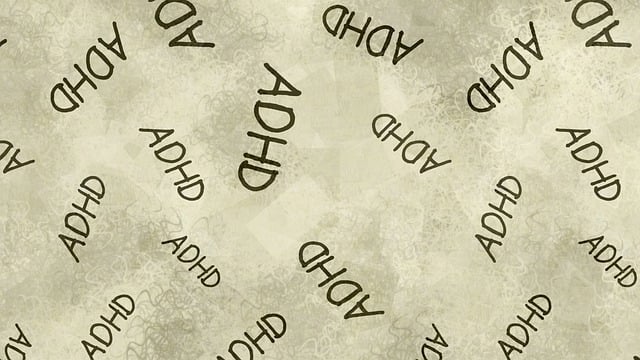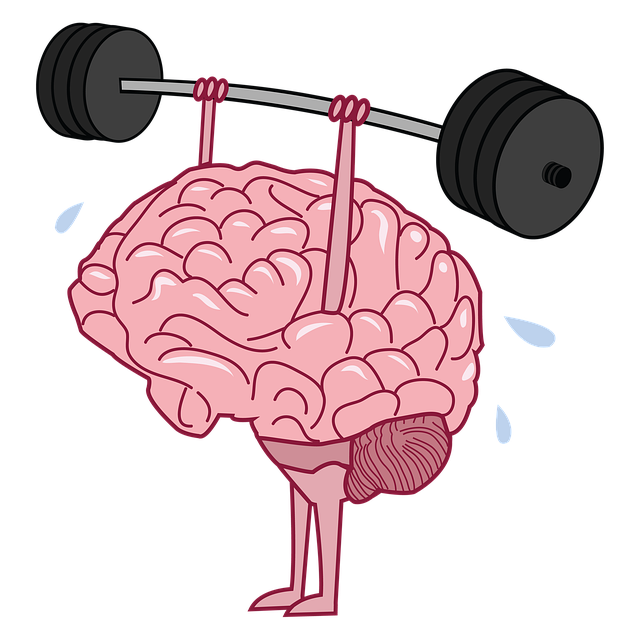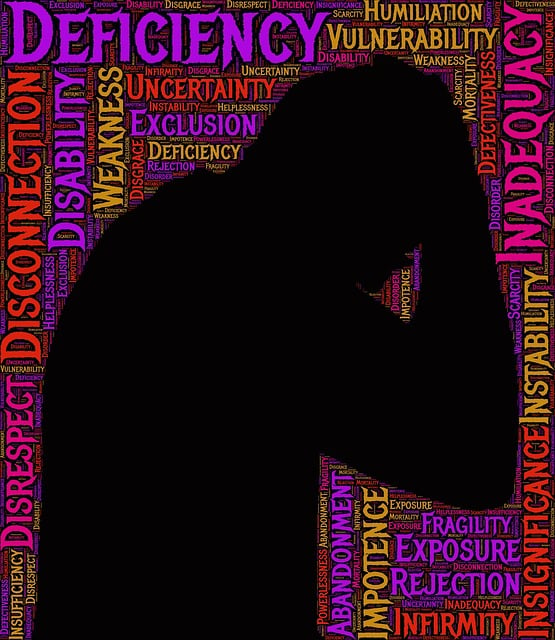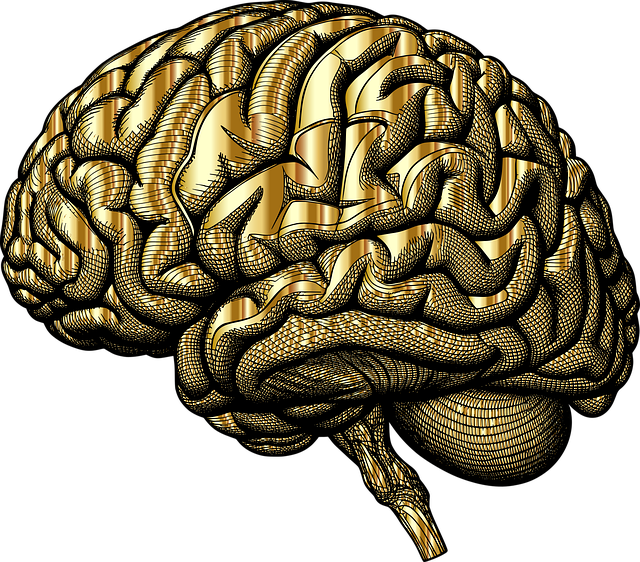Mental Health Crisis Hotlines, like Greenwood Village Adjustment Disorder Therapy, offer 24/7 confidential support for individuals in emotional distress or mental health emergencies. Trained professionals provide immediate guidance, resources, and evidence-based practices to help clients manage stress, resolve conflicts, and develop coping strategies. These hotlines destigmatize mental health issues, empower individuals with self-care techniques, and educate them on their rights and available resources. Through strict confidentiality, advanced staff training, and tailored support, services like Greenwood Village ensure safer outcomes and foster healing during crises.
Mental health crisis hotline support services play a vital role in empowering individuals during times of distress. This article explores essential aspects of these lifeline resources, including understanding mental health crises, the specific role of Greenwood Village Adjustment Disorder Therapy, and accessing emergency support. We delve into confidentiality guidelines, training for crisis intervention professionals, and resources available to those seeking immediate assistance. By shedding light on these services, we aim to enhance awareness and promote effective navigation during mental health emergencies.
- Understanding Mental Health Crisis Hotlines
- The Role of Greenwood Village Adjustment Disorder Therapy
- Accessing Emergency Support Services
- Confidentiality and Anonymity Guidelines
- Training and Resources for Crisis Intervention
Understanding Mental Health Crisis Hotlines

Mental Health Crisis Hotlines serve as a vital safety net for individuals experiencing acute emotional distress or mental health emergencies. These 24/7 services provide immediate support, guidance, and resources to those in need, offering a confidential space to share concerns and connect with trained professionals. By dialing a dedicated hotline number, such as the Greenwood Village Adjustment Disorder Therapy line, users gain access to expert counselors who can help them navigate challenging situations and develop coping strategies.
Promoting Mental Health Awareness, these hotlines play a crucial role in destigmatizing mental health issues and encouraging individuals to seek assistance early. Many organizations also offer Stress Management Workshops and utilize Mind Over Matter principles to empower people with self-care techniques, helping them manage stress, anxiety, and related disorders effectively.
The Role of Greenwood Village Adjustment Disorder Therapy

Greenwood Village Adjustment Disorder Therapy plays a pivotal role in addressing mental health crises by offering specialized support tailored to individuals experiencing adjustment difficulties. This therapeutic approach focuses on helping clients navigate and overcome challenges resulting from significant life changes or traumatic events, fostering resilience and promoting emotional well-being.
Incorporating evidence-based conflict resolution techniques and tailored coping strategies, Greenwood Village Adjustment Disorder Therapy equips individuals with the skills necessary to manage stress, resolve internal conflicts, and improve overall mental health. Furthermore, by integrating insights from mental health policy analysis and advocacy, therapists empower clients to understand their rights and access available resources, ensuring long-term support and recovery. Complementing these efforts, mental health education programs design is integrated into the therapeutic process, empowering individuals with knowledge about maintaining mental health and recognizing early signs of potential crises.
Accessing Emergency Support Services

In moments of intense emotional turmoil or when facing a mental health crisis, accessing immediate support is paramount. Many communities now offer dedicated hotline services designed to provide emergency assistance and guidance. These hotlines are accessible 24/7, ensuring help is readily available whenever needed. For instance, in Greenwood Village, the local adjustment disorder therapy centers often collaborate with crisis intervention hotlines, offering professional support to those struggling with various mental health challenges.
Utilizing these services can be a game-changer, enabling individuals to receive instant care and learn valuable coping strategies. From stress management techniques like mindfulness meditation to confidence-boosting exercises, hotline counselors are trained to offer practical solutions tailored to each person’s unique situation. This immediate access to professional guidance can prevent crises from escalating and empower individuals to take charge of their mental well-being.
Confidentiality and Anonymity Guidelines

When reaching out to a mental health crisis hotline, individuals can rest assured that their conversations will be treated with the utmost confidentiality and anonymity. These guidelines are in place to ensure that those seeking support feel safe and comfortable sharing their concerns. The professionals operating these hotlines are bound by strict ethical standards and legal obligations to protect client privacy. This means that any information shared during a call, including personal details and specific struggles, remains confidential within the hotline’s internal systems.
For instance, the Greenwood Village Adjustment Disorder Therapy hotline prioritizes these principles, ensuring that all interactions remain private. The anonymity offered encourages individuals to openly discuss their mental health challenges without fear of judgment or repercussions. This safe space facilitates honest conversations, which are essential for effective crisis intervention and guidance. Additionally, the commitment to confidentiality fosters trust between callers and support staff, promoting a positive environment for healing and recovery.
Training and Resources for Crisis Intervention

In order to effectively provide crisis intervention support, hotline services invest heavily in training their staff. This involves specialized programs tailored to equip professionals with the skills needed to handle mental health crises. The curriculum often includes techniques for de-escalation, active listening, and crisis counseling methodologies. These strategies are crucial for navigating intense emotional situations, helping individuals find clarity, and promoting safe outcomes.
Beyond training, resources play a pivotal role in supporting hotline staff. This encompasses access to mental wellness podcasts offering continuous learning opportunities, as well as self-care practices designed to prevent burnout. The Mental Wellness Podcast Series Production, for instance, can provide valuable insights into coping mechanisms and stress management techniques that professionals can both learn from and share with their callers. Integrating such resources ensures a dynamic approach to crisis intervention, reflecting the evolving nature of mental health support.
Mental health crisis hotlines serve as vital resources, offering immediate support and guidance during challenging times. As highlighted by the discussion on Greenwood Village Adjustment Disorder Therapy, these services play a crucial role in empowering individuals to navigate emotional crises. By ensuring confidentiality and anonymity, hotlines foster trust and encourage people to seek help without hesitation. With proper training and resources for crisis intervention, we can enhance our community’s resilience and well-being, making mental health support more accessible and effective.














